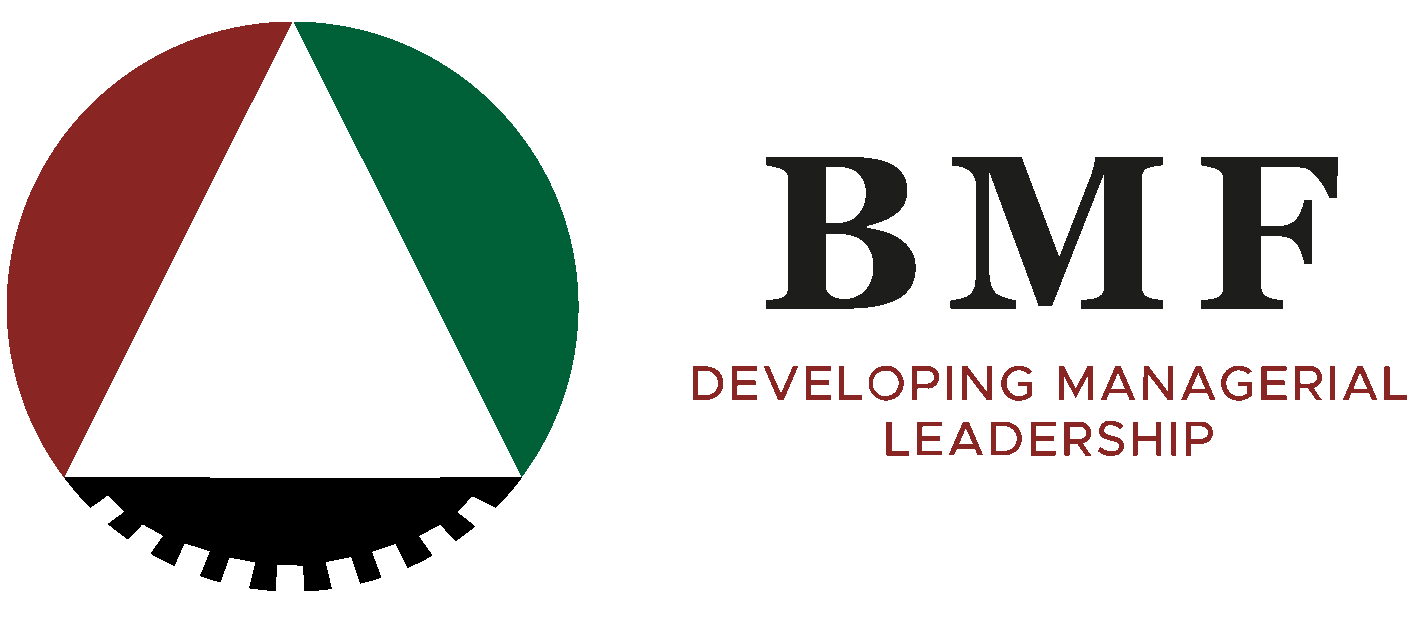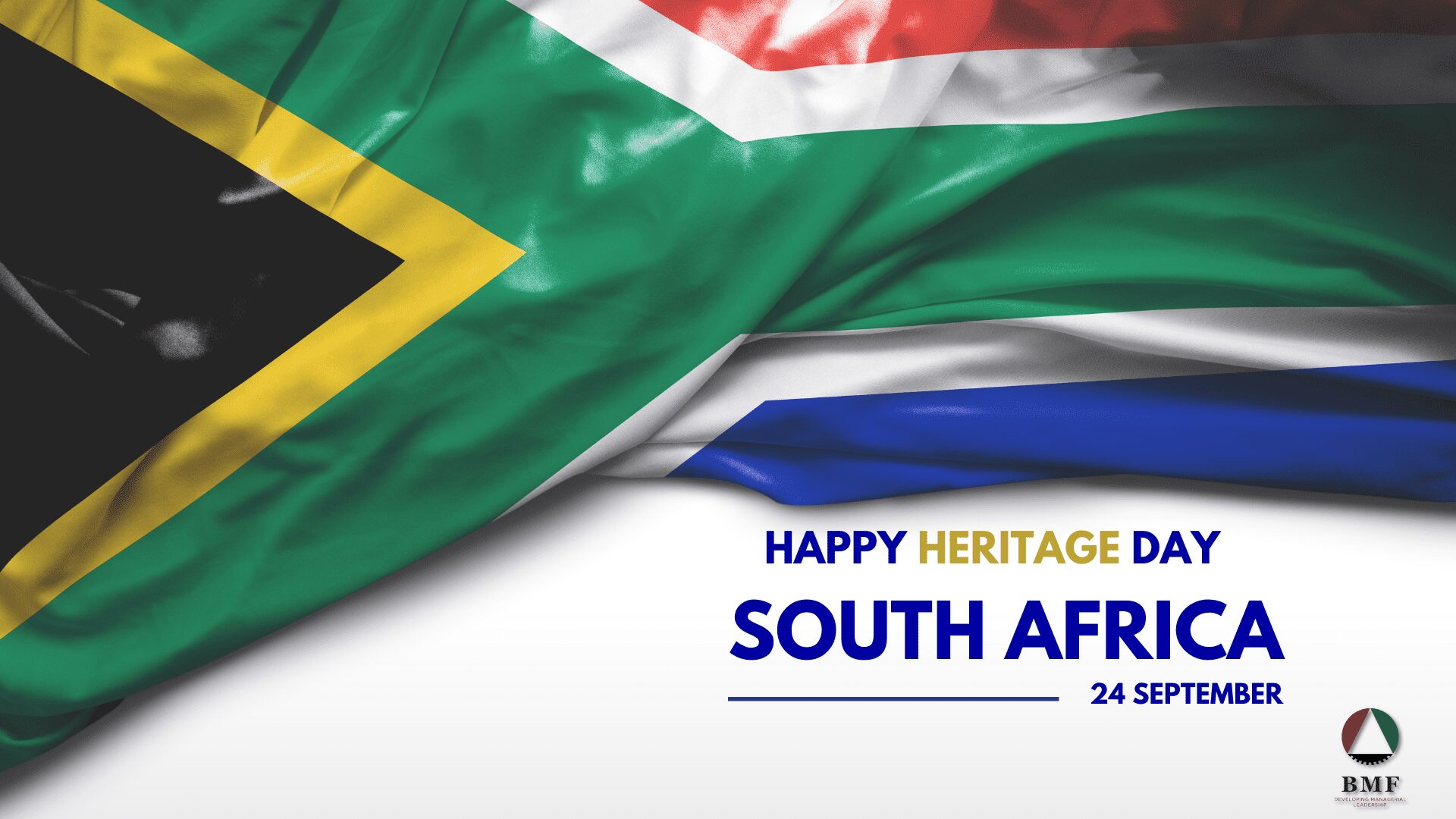Commemorating Heritage Day in South Africa provides the nation with the platform to recognise the cultural wealth of the country. It is said that; South Africans commemorate the day by being cognisant of the cultural heritage of the different cultures that form the South African society. Thus, several events are hosted to celebrate this momentous day, as it offers a conducive platform, where the nation can fully embrace each other’s cultures. In the main, it’s also an opportune moment to learn about the different cultures and traditions of other people. Learning then offers a space for growth and development and enables the scope of thinking to be strengthened, and equally increasing the knowledge base.
Commemorating Heritage Day has centred mainly around traditional dances, music, regalia and in some instances, by people bringing and sharing different cultural cuisines as means of affording others an opportunity to experience the taste of other cultures. Thus, this day remains one of the central unifying cultural celebrations, and the nation prides itself in it, as it truly recognizes the rainbow nation that South Africa is.
Culture plays a key role in shaping a person’s way of thinking and behaviour. Therefore, as a nation, we should ensure that we do not lose the true essence of this momentous day, more importantly since it brings people together towards a common purpose. The nation should always strive to be in a direction that fosters the spirit of inclusiveness and social cohesion, particularly in the South African context, where there is multi-culturalism.
Whilst we celebrate Heritage Day in songs and dances, there should equally be a space for engagements on the importance of cultural values. The IGI Global defines cultural values as “the core principles and ideals upon which an entire community exists and protects and relies upon for existence and harmonious relationship.” These core principles and ideals are required in society to restore order and the moral fibre that is decaying. Contemporary, the nation is engulfed with myriad challenges, especially in the context of how people are conducting themselves. The nation is confronted by corruption, fraud, drug abuse, femicides and other social ills.
Castoriadis indicates that the rational behind these challenges and moral decay is that; the nation has stopped questioning itself, and there is a lack of self-criticism. Furthermore, he posits that; if the art of self-criticism is discarded, the solutions to the challenges might not be established. The nation should then respond to these challenges, by incorporating key debates and deliberations on the significance of cultural values in guiding behaviour. Whilst we are in a good celebratory spirit, the platform can be broadened to cater for the exchange of ideas on how these challenges can be averted. Solutions emanating from the debates could foster interventions to fight the social ills that have immersed the nation. The values of Ubuntu, Respect, Integrity, Dignity, and Harmony should continue to be the driving moral compass.
Castoriadis further argues that; the lack of robust public debate on the moral decay in South Africa is the cause that is perpetuating behavioural patterns that are contrary to cultural values. He then places a further emphasis on the need for the nation to question itself. Consequently, the engagements could serve as a tool to ascertain the solutions and restore cultural values. Frantz Fanon alludes to the imperative of discovering a generational mission and indicates that “it is upon that generation to fulfil or betray their mission.” Hence the current generation ought to be critically thinking about the moral decay, and subsequently challenge and change the status quo.
Restoring cultural values should be central to the daily living of South African citizens, more particularly in building and fostering a solid and cohesive society. Therefore, as cultural wealth is being recognized and celebrated, robust conversations should also encompass commemorations. The country is in dire need of citizens that conduct themselves with high morals and high discipline to restore order.
If we were serious about the future of our generation, we should be utilizing these celebrations and events as platforms of engagement to stimulate conversations pertaining to the solutions and alternatives that should be implemented to avert and curb the decline of morals and cultural values.
“Only our deep moral values and our strong social institutions can hold back that jungle and restrain the darker impulses of human nature”. –Ronald Reagan

ABOUT THE AUTHOR
Xolile Kunene is the Head of Thought Leadership, Research & Programmes at the Black Management Forum.
Xolile holds a Master’s in Public Policy-Monitoring & Evaluation degree and is a PhD candidate at the University of Kwa-Zulu Natal.






